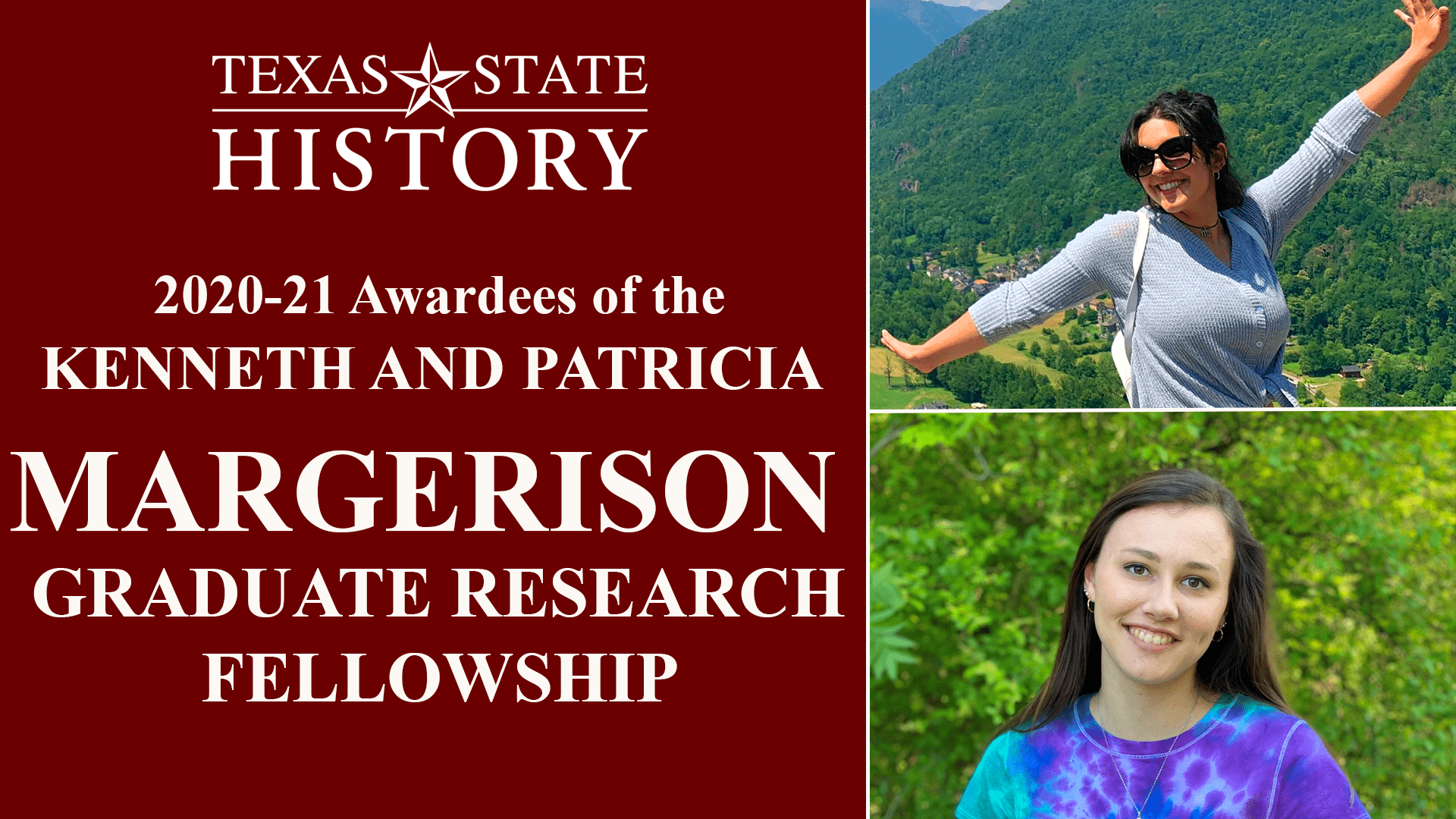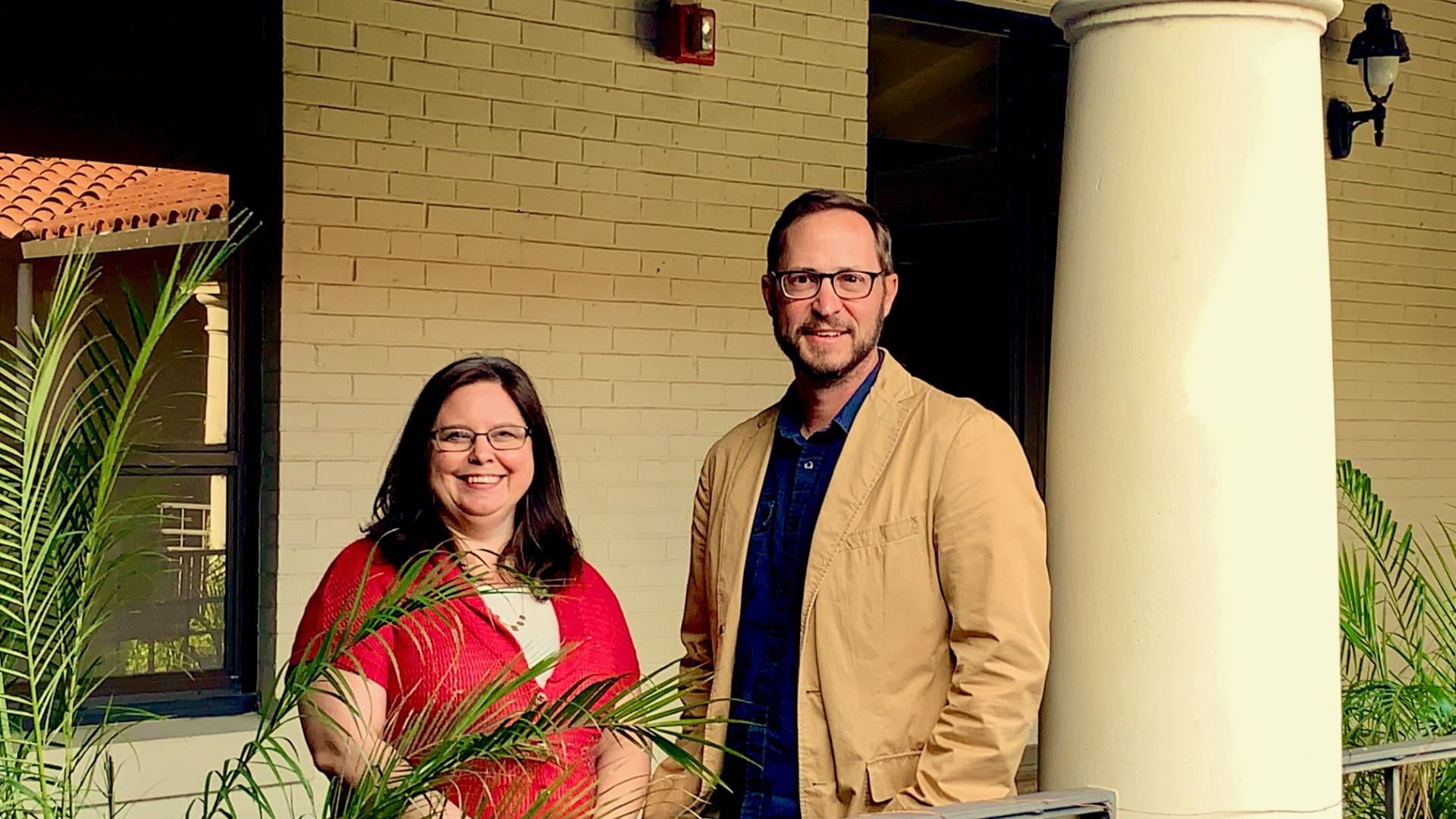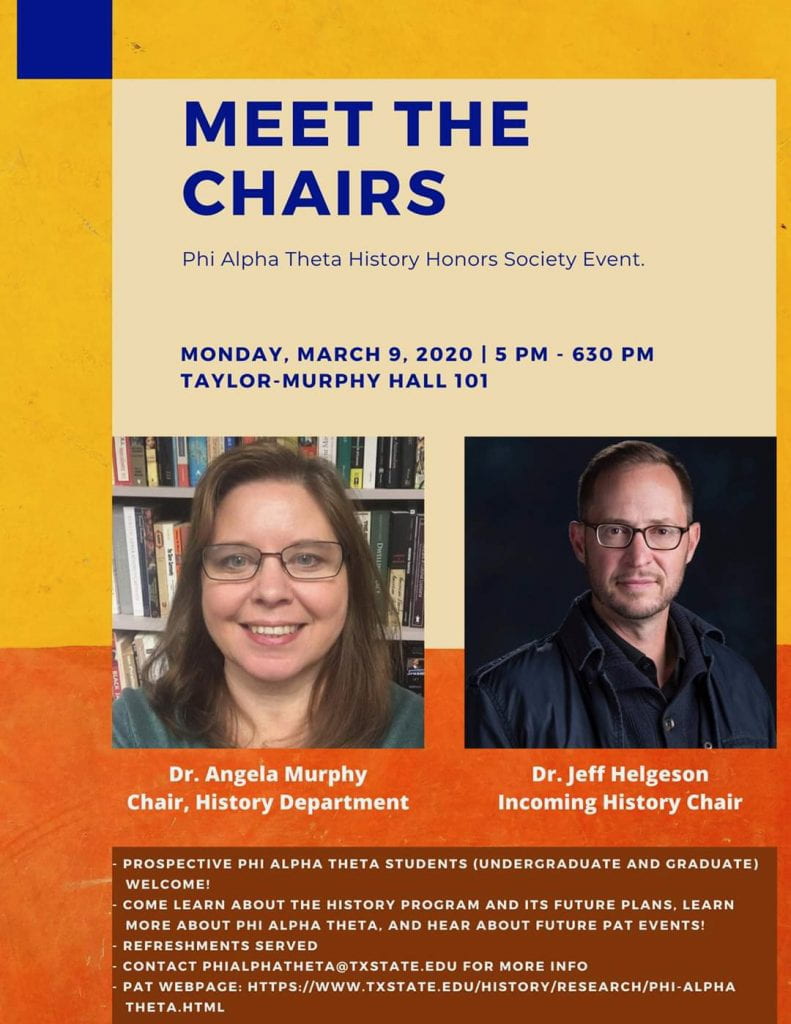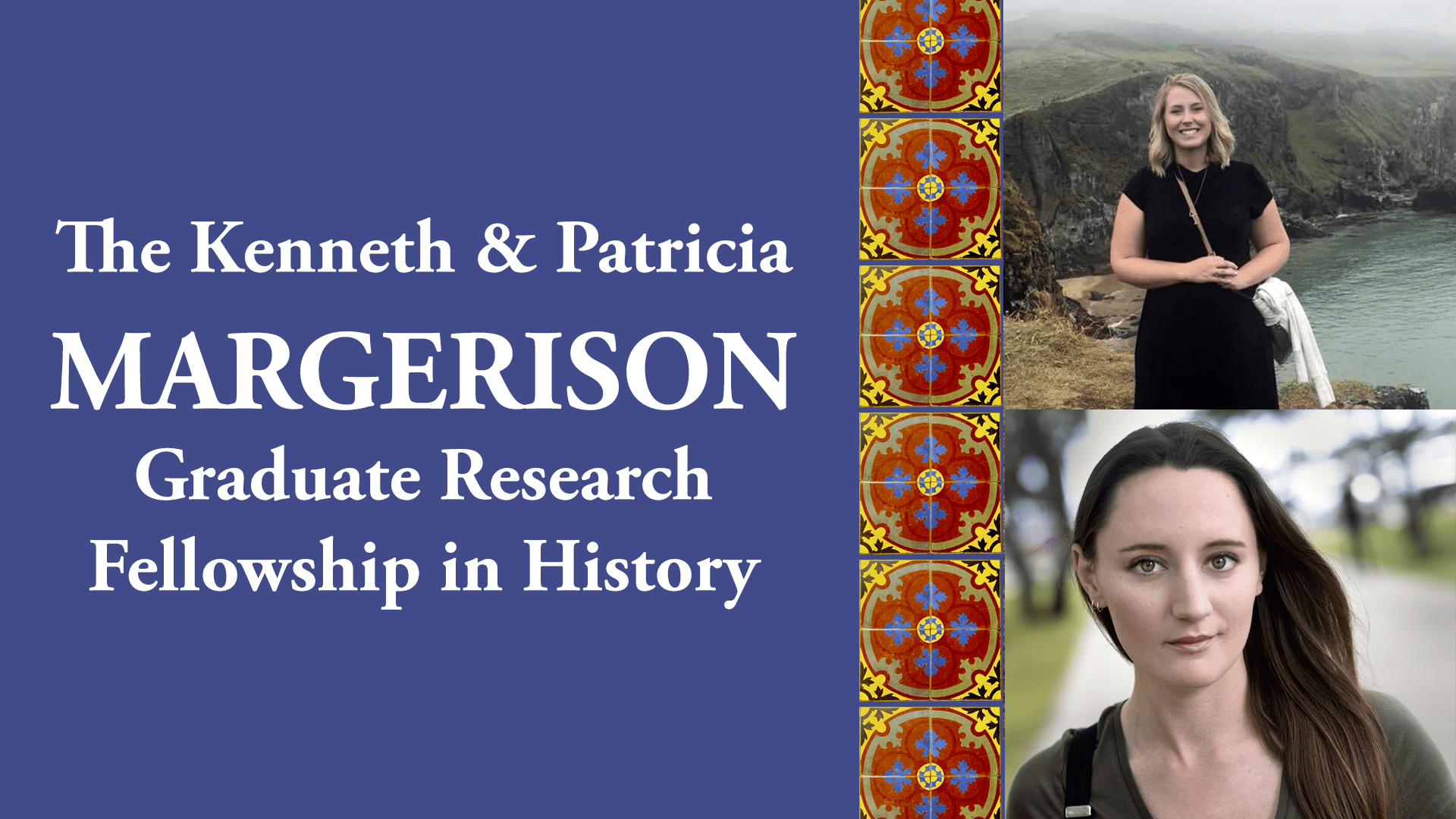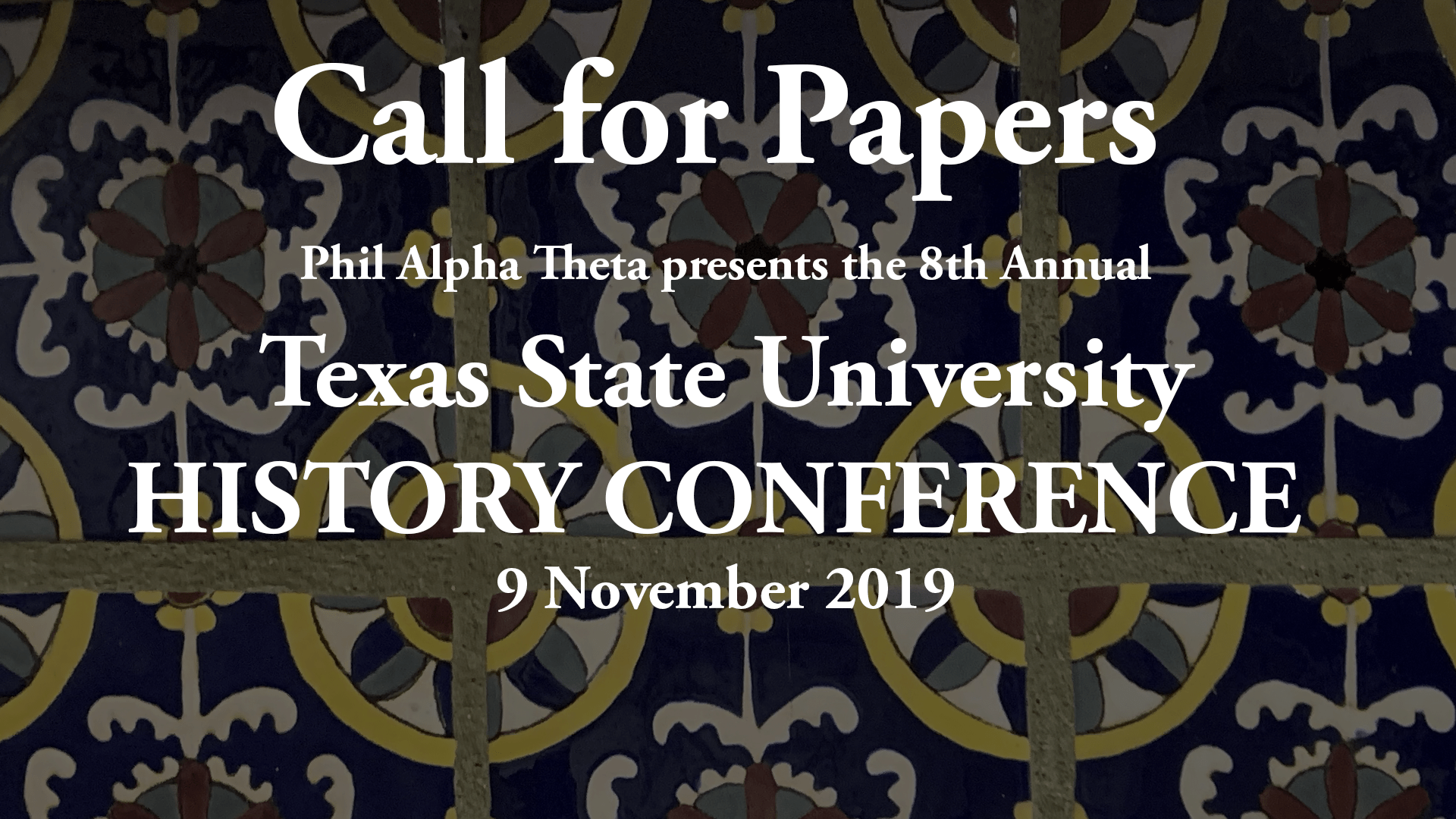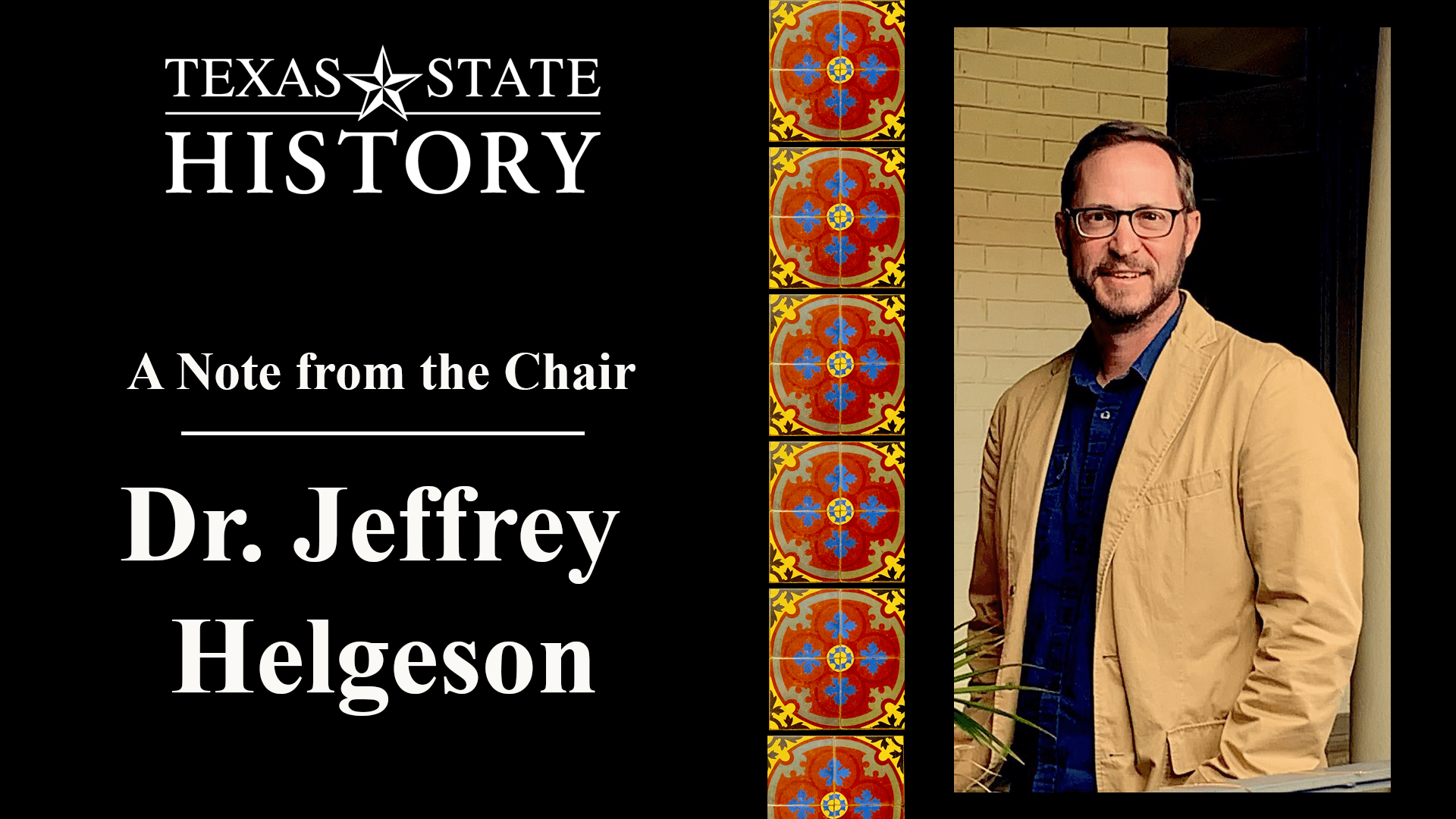
Every semester begins with a sense of possibility, bringing both anxiety and excitement for what will come. This year, our anticipation mixes dramatically with an experience of rupture, a loss of the kind of certainty about habits and continuity that generally provide us with a foundation on which we bring some order to our semesters. This year, then, we are all working harder. We—as students, as teachers, as workers who keep our classrooms and offices running—face exponentially more difficult challenges as we get back to work. Nonetheless, I return this fall confirmed in my belief that the people in this department face disruption head-on and forge new paths out of difficult days.
Teaching and learning in the contemporary university are always challenging. Limited resources—along with inequities, injustices, anti-intellectualism, and divisions in the society at large—impinge on the classroom. We always have to work to build and maintain the space where we can come together to study. Yet we do create that space.
We all have known those moments when the university fulfills its promise. We see it in the light of realization in a student’s eyes, we hear it in the laughter of people working together to solve a problem, we can sense it in the air when professors and students are locked in mutual concentration on a difficult question. These satisfactions, and our memories of them, are what make the return to school such a time of promise.
This year, the obstacles in our path can seem nearly insurmountable. Much of the extra labor we are doing can feel incomplete, frustrating, and even at times distractingly prosaic. A global pandemic, an economic calamity, the exhausting work of anti-racism in a time of surging bigotry and violence—these crises have revealed with painful clarity the structural inequities and divisions that threaten our communities. These challenges also threaten the energy and opportunity to engage in the study of history—even as that work has never seemed more important.
To help our students enter into the study of history, the department is building on its recent growth. Four new faculty members add to the great energy in our public history and European history offerings. Students can choose from several new courses, including African American and Mexican American history surveys, which count toward core curriculum requirements; a course on creating podcasts that lift up unsung voices in history; the history of 20th-century social movements in the U.S.; and the history of childhood in Europe. Students can also visit the new library guide for researching #BlackLivesMatter, developed by Dr. Casey Nichols and subject librarian Margaret Vaverek. The department will be collaborating on public programs and courses with people across campus, including the history faculty leading the Center for Texas Music History, the Center for Texas Public History, the Center for the Study of the Southwest, and the Center for International Studies. The TXST chapter of Phi Alpha Theta and the student-led History Club (open to all Bobcats) are organizing regular events—from film screenings to an academic conference—that will provide opportunities to connect and outlets for graduate and undergraduate student research. There is so much going on…follow it all on the department’s Facebook, Twitter, and Instagram feeds.
To move through tribulation in a way that seeks not just the familiar but the possible requires persistent support for each other and our students. Writing in the shadows of Nazism on the rise, the historian Walter Benjamin declared that the struggle for a just world “is a fight for the crude and material things without which no refined and spiritual things could exist.” This phrase has been ringing in my ears as I have been working with the faculty, staff, and students in the history department to make Zoom work, to welcome our new faculty and students, to learn how to foster group discussions that are simultaneously in–person and virtual…and to figure out how to clear the algae from the fountain in our courtyard and order the coffee that will keep the department running. It can make for days that sometimes seem distressingly fragmented. Yet it is in working with the people in this department that I am reminded of the other half of Benjamin’s point: that the “spiritual things” we win out of the struggle come not as “spoils,” but “as courage, humor, cunning, and fortitude.”
Dr. Jeff Helgeson
Chair and Associate Professor
Department of History
Texas State University

